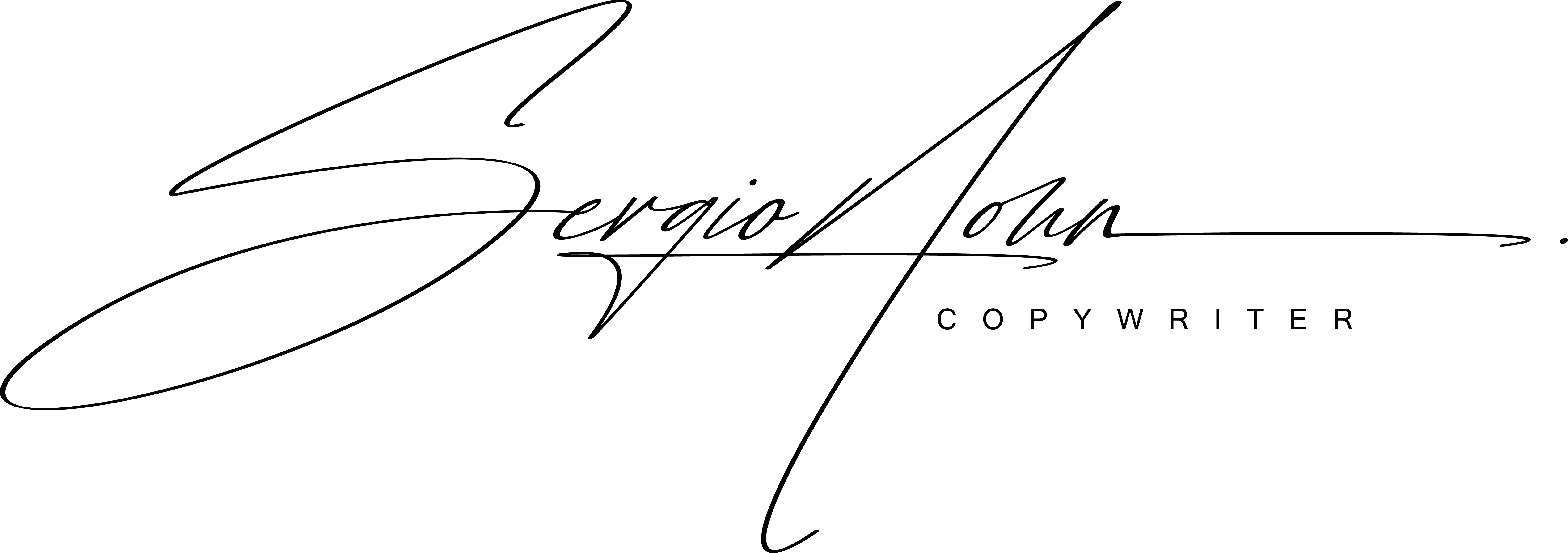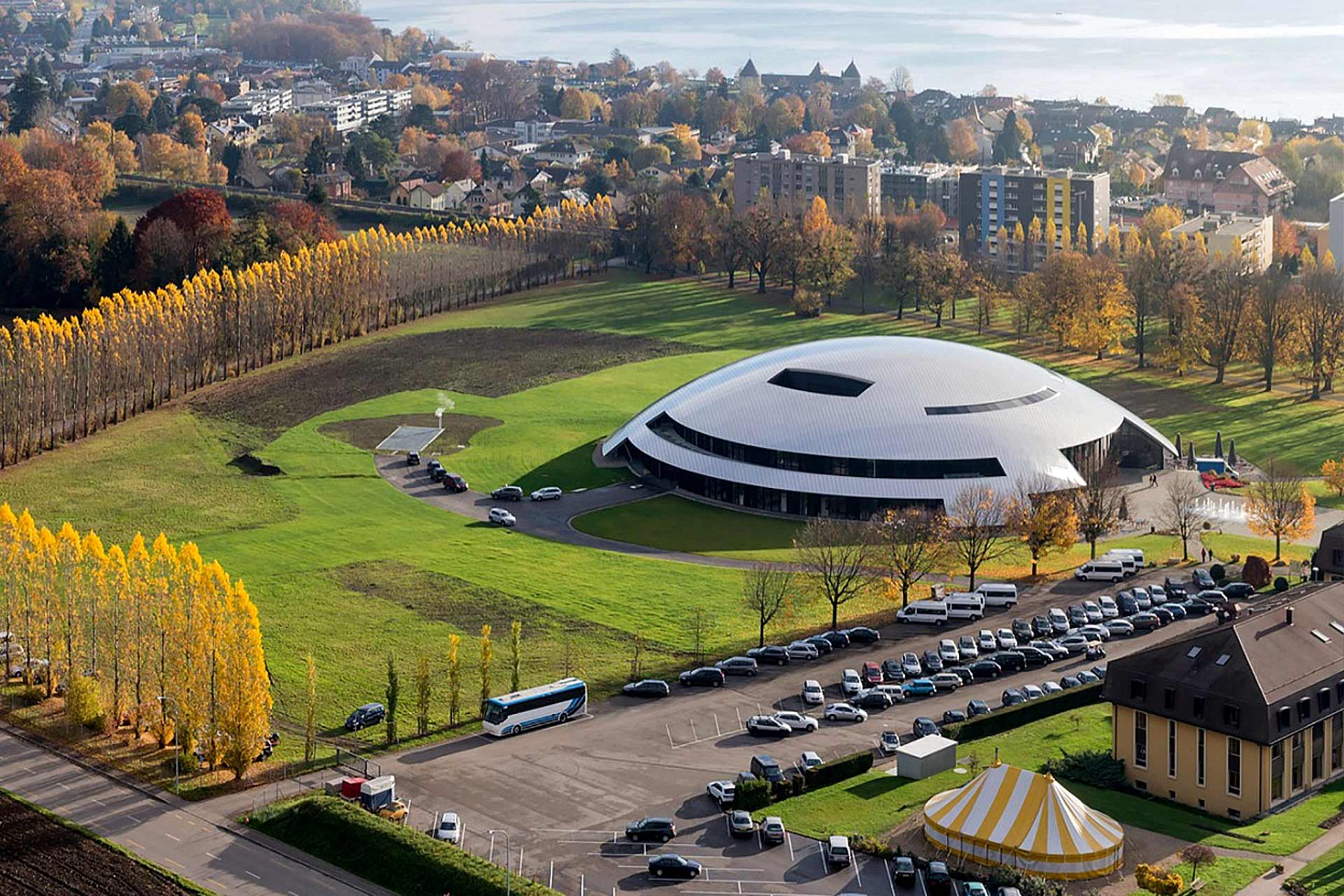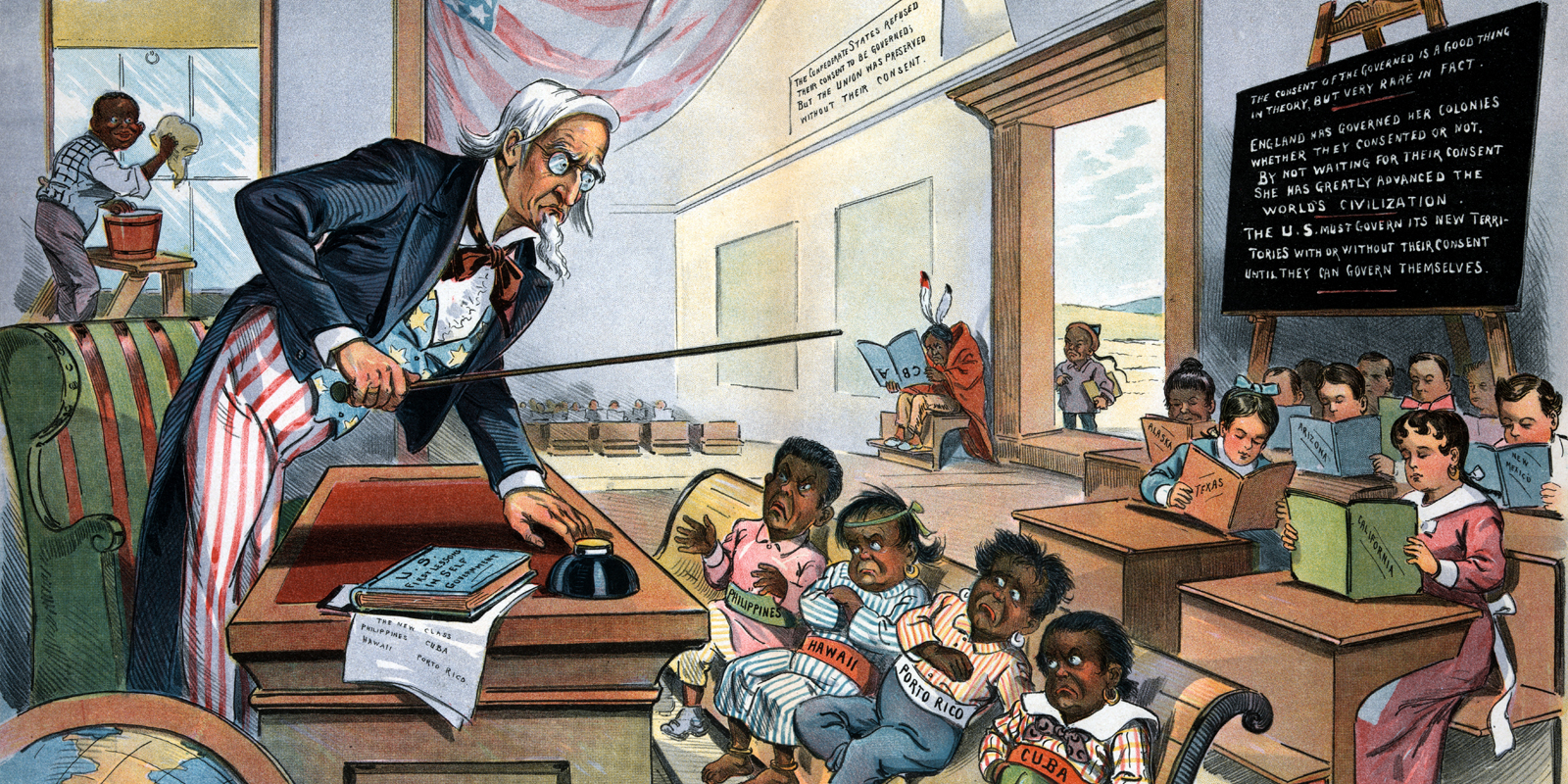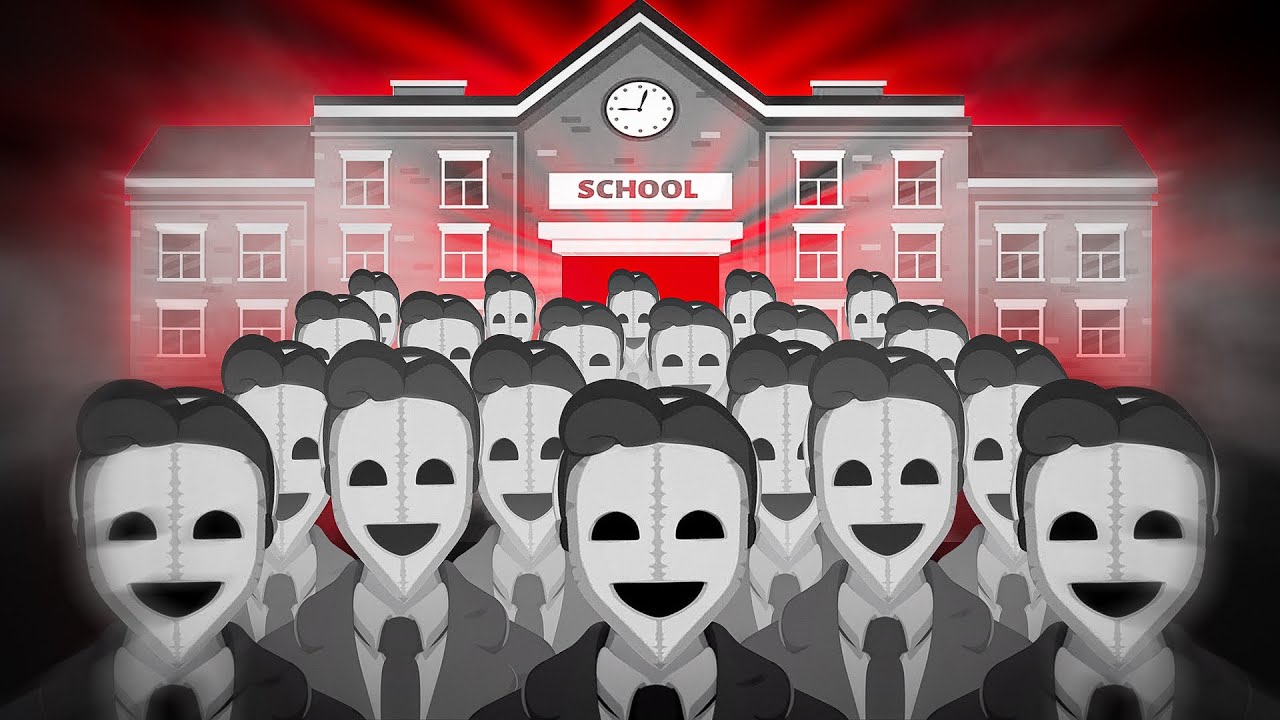
Have you ever wondered where the children of the world’s elite receive their education? Nestled within the picturesque landscapes of Switzerland, lies a school shrouded in a veil of mystery and exclusivity: Institut Le Rosey. Often referred to as the ‘School of Kings‘, this hallowed institution is renowned for shaping the minds of young aristocrats, the heirs to business empires, and the children of global leaders.
Deep in the pristine mountains of Switzerland, an exclusive realm exists that few are privy to—a world where the wealthiest of the wealthy send their offspring for an education like no other. In this blog post, we’ll embark on a journey into the secretive realm of elite boarding schools, shedding light on their origins, impact on society, and the controversies that surround them.
The School of Kings: A Who’s Who of Alumni
At Le Rosey, the prestigious boarding school nestled in Switzerland, the halls have echoed with the footsteps of the global elite. Alumni include royalty, billionaires, and renowned figures, from the Shah of Iran to the heirs of Winston Churchill and John Lennon. The Rockefeller, Dupont, and Rothschild dynasties have all sent their scions to this illustrious institution. Le Rosey boasts opulent amenities, with campuses in a 14th-century chateau and a Swiss ski resort, multilingual instruction, and a library housing over twenty thousand books in various languages.
This isn’t a school for the one percent. No, it’s reserved for an even more exclusive group – the 0.001 percent.
As you walk through the grand halls of Institut Le Rosey, you’ll find yourself surrounded by generations of wealth and power.
A World of Privilege and Advantage
Beyond its luxurious offerings, Le Rosey and similar institutions offer a unique advantage: the systematic grooming of future world leaders. While success can be attained without a prestigious university degree, elite boarding schools undoubtedly provide an unparalleled head start. Unlike the majority who grow up amidst ordinary peers and teachers, these rich kids are nurtured in an environment steeped in power and wealth. They mingle with the global elite, their upbringing designed to prepare them for positions of influence, not mere laborers.
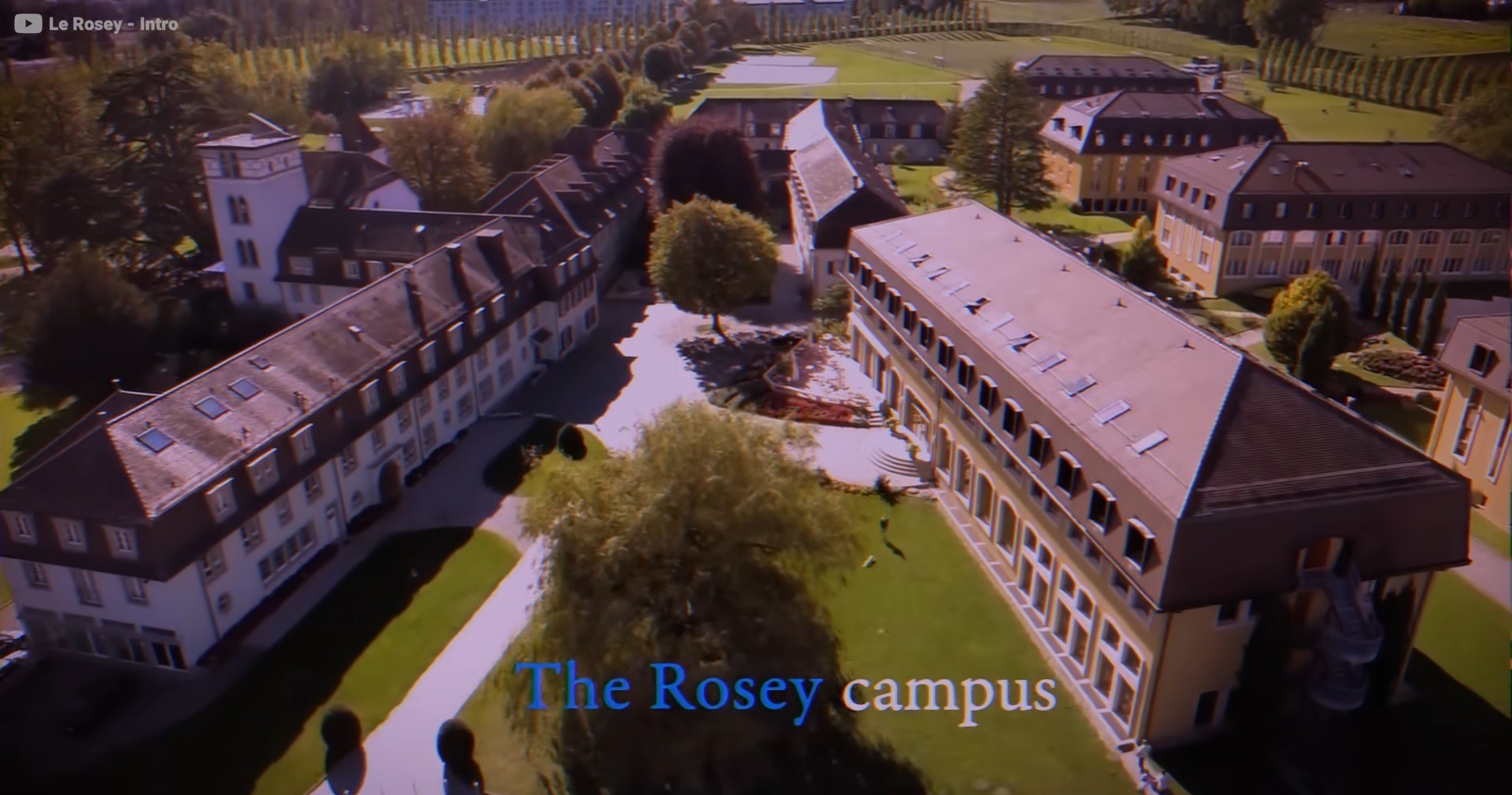
The staggering cost of tuition here far surpasses that of most renowned universities worldwide, including Harvard. On average, a year at Harvard, including living expenses, will set you back around $73,800. Now brace yourself. The price tag for a year at Le Rosey? A mind-boggling $150,000. Yes, you read that right. Studying at Le Rosey is approximately $70,000 more expensive than attending Harvard, one of the world’s top-ranking universities. Such are the lengths the world’s wealthiest are willing to go to provide their offspring with an education steeped in prestige and exclusivity.
Competitive Admissions and Social Isolation
Gaining admission to these highly prestigious schools is no small feat. The admissions process at Le Rosey, for example, is known to be an arduous task. While the school accepts children as young as seven, the admission rounds are fiercely competitive, meticulously evaluating candidates based on their intellectual ability, language proficiency, character, and personality. It is expected that students not only excel academically but also master at least two languages. The school has a strict policy against entitlement or anti-social behavior, and those displaying such traits are summarily rejected. Interestingly, at these esteemed institutions, it is common for people to inquire about your parents’ identities before even asking for your name, underscoring the significance and prestige associated with attending such schools.
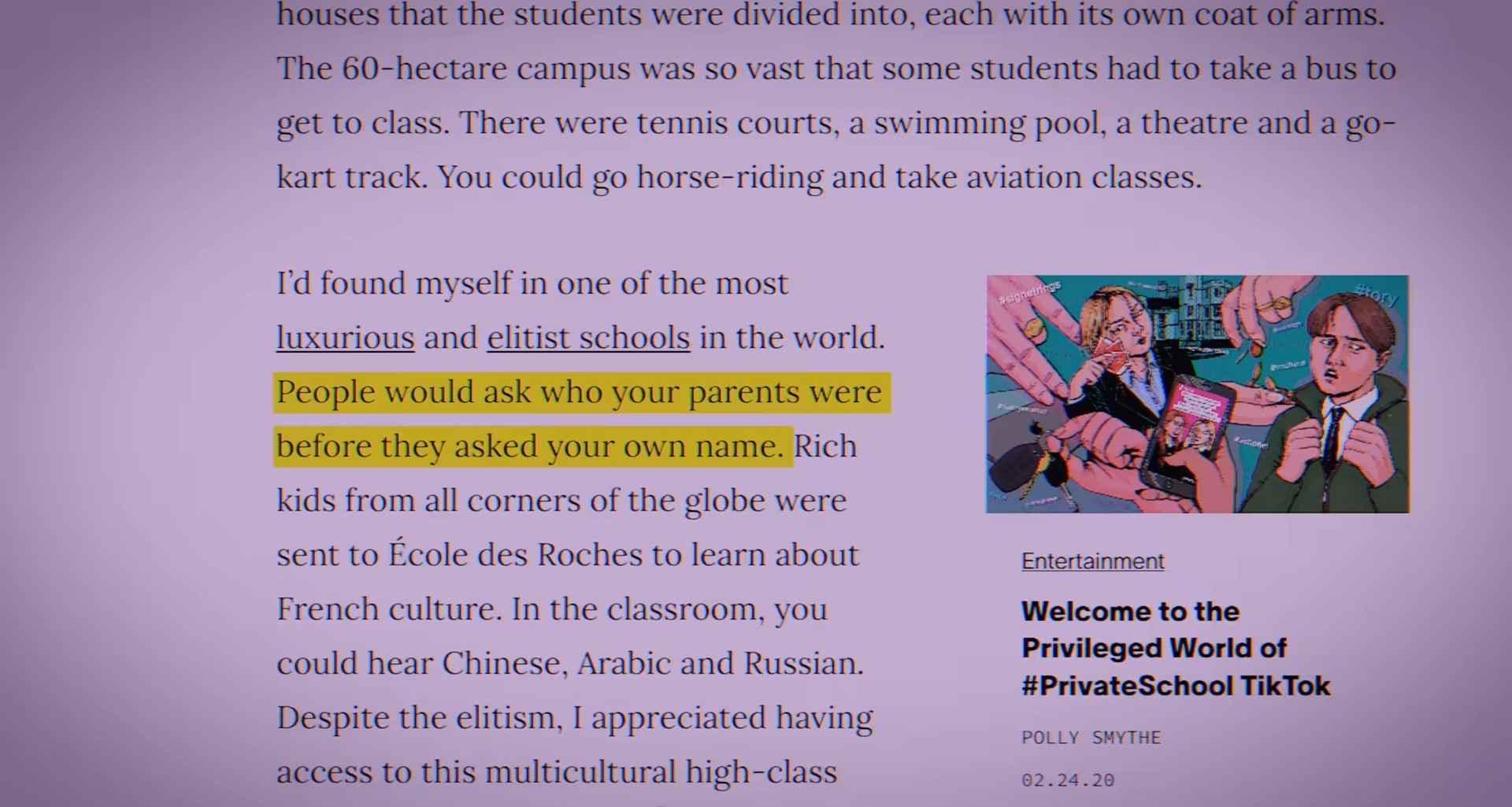
The Impact on Society: Perpetuating Inequality
The existence of elite boarding schools like Le Rosey raises pressing questions about the perpetuation of social inequality. Research indicates that private school graduates disproportionately occupy influential positions, contributing to the persistence of social disparities. Moreover, the wage gap between public school teachers and individuals with similar education and experience levels continues to widen, exacerbating inequality within society. This disparity not only affects the distribution of wealth and opportunities but also impacts social mobility and the overall well-being of individuals from less privileged backgrounds.
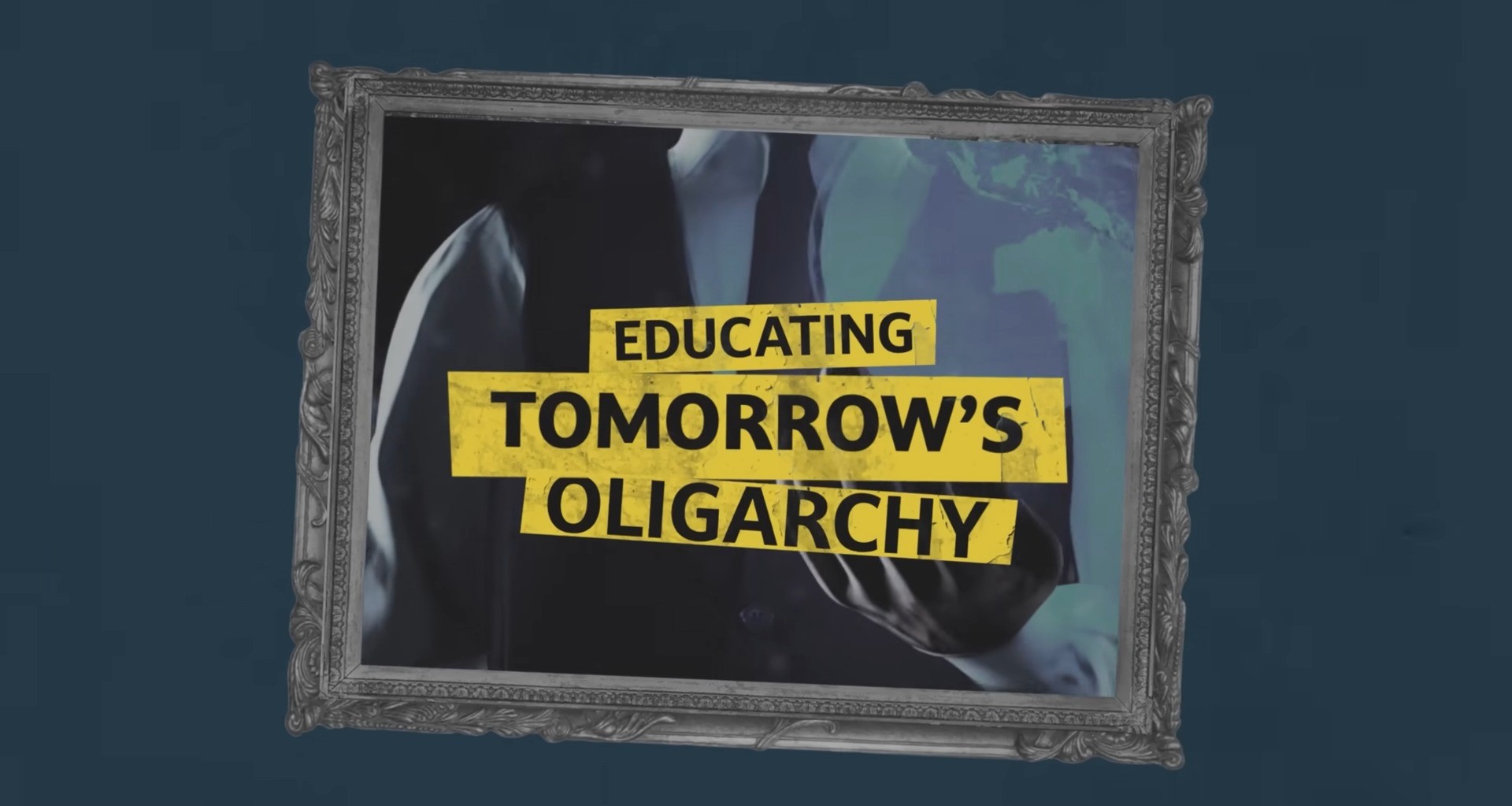
Addressing such complex issues requires a comprehensive examination of educational policies and practices. It is crucial to ensure equal access to quality education and opportunities for all individuals, regardless of their socioeconomic background, geographic location, or any other potential barriers. By implementing inclusive and equitable educational strategies, we can foster a society that values diversity, promotes social mobility, and cultivates the talents and potential of every individual. This multifaceted approach aims to create a future where education becomes a powerful tool for positive change, enabling individuals to thrive and contribute to their communities and society as a whole.
A Lesson from Finland: Banning Private Schools
In contrast, Finland has adopted a different approach to addressing educational inequality. The country has banned private schools entirely, viewing education as a fundamental human right. The outcome? One of the world’s best public education systems, with one of the smallest education gaps.
In Finland, an exemplary education system ensures that all children, irrespective of their socioeconomic backgrounds, have equal access to education. This inclusive approach fosters a strong sense of community, where students from diverse backgrounds come together to learn and grow. By attending the same schools, Finnish children not only benefit from shared experiences but also diminish the influence of the privileged few, creating a more equitable learning environment.
The Unequal Playing Field
Elite boarding schools offer undeniable advantages, such as access to top-notch educational resources, outstanding extracurricular programs, and a network of influential connections. However, these schools also underscore the glaring inequalities present in our education systems. While they mold the lives of the world’s wealthiest, preparing them for future leadership roles, they inadvertently perpetuate social inequality by further disadvantaging the masses who do not have access to such opportunities. Recognizing the importance of addressing this issue, it becomes evident that finding solutions to bridge the gap is vital for fostering a more equitable and inclusive society. This could involve exploring alternative educational models, implementing policies that promote equal access to quality education, and encouraging collaboration between elite institutions and underprivileged communities. By doing so, we can strive towards a future where every individual, regardless of their socioeconomic background, has a fair chance to succeed and contribute to our collective progress.
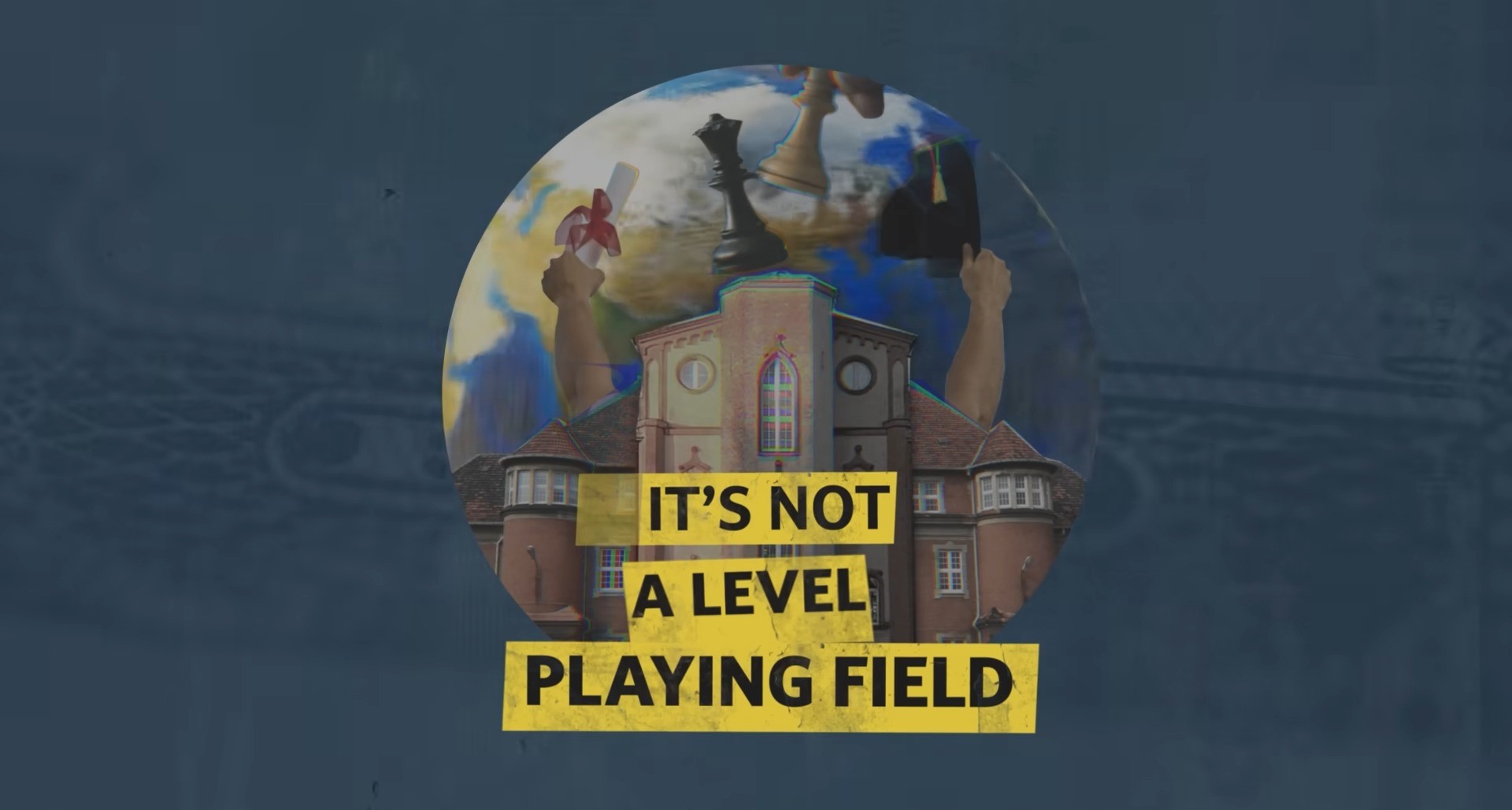
Ultimately, we must ask whether these elite schools genuinely prepare future leaders or merely sustain the power of today’s elite.
Final Thoughts
Elite boarding schools are enigmatic institutions, shrouded in privilege and controversy. Their role in shaping the world’s future leaders, while perpetuating inequality, is a subject of ongoing debate. As we navigate the complex education landscape, the question remains: should access to the world’s best education be a privilege for the few or a right for all? The answer may well determine the course of education and society in the years to come.

Have you ever wondered where the children of the world’s elite receive their education? Nestled within the picturesque landscapes of Switzerland, lies a school shrouded in a veil of mystery and exclusivity: Institut Le Rosey. Often referred to as the ‘School of Kings‘, this hallowed institution is renowned for shaping the minds of young aristocrats, the heirs to business empires, and the children of global leaders.
Deep in the pristine mountains of Switzerland, an exclusive realm exists that few are privy to—a world where the wealthiest of the wealthy send their offspring for an education like no other. In this blog post, we’ll embark on a journey into the secretive realm of elite boarding schools, shedding light on their origins, impact on society, and the controversies that surround them.
The School of Kings: A Who’s Who of Alumni
At Le Rosey, the prestigious boarding school nestled in Switzerland, the halls have echoed with the footsteps of the global elite. Alumni include royalty, billionaires, and renowned figures, from the Shah of Iran to the heirs of Winston Churchill and John Lennon. The Rockefeller, Dupont, and Rothschild dynasties have all sent their scions to this illustrious institution. Le Rosey boasts opulent amenities, with campuses in a 14th-century chateau and a Swiss ski resort, multilingual instruction, and a library housing over twenty thousand books in various languages.
This isn’t a school for the one percent. No, it’s reserved for an even more exclusive group – the 0.001 percent.
As you walk through the grand halls of Institut Le Rosey, you’ll find yourself surrounded by generations of wealth and power.
A World of Privilege and Advantage
Beyond its luxurious offerings, Le Rosey and similar institutions offer a unique advantage: the systematic grooming of future world leaders. While success can be attained without a prestigious university degree, elite boarding schools undoubtedly provide an unparalleled head start. Unlike the majority who grow up amidst ordinary peers and teachers, these rich kids are nurtured in an environment steeped in power and wealth. They mingle with the global elite, their upbringing designed to prepare them for positions of influence, not mere laborers.

The staggering cost of tuition here far surpasses that of most renowned universities worldwide, including Harvard. On average, a year at Harvard, including living expenses, will set you back around $73,800. Now brace yourself. The price tag for a year at Le Rosey? A mind-boggling $150,000. Yes, you read that right. Studying at Le Rosey is approximately $70,000 more expensive than attending Harvard, one of the world’s top-ranking universities. Such are the lengths the world’s wealthiest are willing to go to provide their offspring with an education steeped in prestige and exclusivity.
Competitive Admissions and Social Isolation
Gaining admission to these highly prestigious schools is no small feat. The admissions process at Le Rosey, for example, is known to be an arduous task. While the school accepts children as young as seven, the admission rounds are fiercely competitive, meticulously evaluating candidates based on their intellectual ability, language proficiency, character, and personality. It is expected that students not only excel academically but also master at least two languages. The school has a strict policy against entitlement or anti-social behavior, and those displaying such traits are summarily rejected. Interestingly, at these esteemed institutions, it is common for people to inquire about your parents’ identities before even asking for your name, underscoring the significance and prestige associated with attending such schools.

The Impact on Society: Perpetuating Inequality
The existence of elite boarding schools like Le Rosey raises pressing questions about the perpetuation of social inequality. Research indicates that private school graduates disproportionately occupy influential positions, contributing to the persistence of social disparities. Moreover, the wage gap between public school teachers and individuals with similar education and experience levels continues to widen, exacerbating inequality within society. This disparity not only affects the distribution of wealth and opportunities but also impacts social mobility and the overall well-being of individuals from less privileged backgrounds.

Addressing such complex issues requires a comprehensive examination of educational policies and practices. It is crucial to ensure equal access to quality education and opportunities for all individuals, regardless of their socioeconomic background, geographic location, or any other potential barriers. By implementing inclusive and equitable educational strategies, we can foster a society that values diversity, promotes social mobility, and cultivates the talents and potential of every individual. This multifaceted approach aims to create a future where education becomes a powerful tool for positive change, enabling individuals to thrive and contribute to their communities and society as a whole.
A Lesson from Finland: Banning Private Schools
In contrast, Finland has adopted a different approach to addressing educational inequality. The country has banned private schools entirely, viewing education as a fundamental human right. The outcome? One of the world’s best public education systems, with one of the smallest education gaps.
In Finland, an exemplary education system ensures that all children, irrespective of their socioeconomic backgrounds, have equal access to education. This inclusive approach fosters a strong sense of community, where students from diverse backgrounds come together to learn and grow. By attending the same schools, Finnish children not only benefit from shared experiences but also diminish the influence of the privileged few, creating a more equitable learning environment.
The Unequal Playing Field
Elite boarding schools offer undeniable advantages, such as access to top-notch educational resources, outstanding extracurricular programs, and a network of influential connections. However, these schools also underscore the glaring inequalities present in our education systems. While they mold the lives of the world’s wealthiest, preparing them for future leadership roles, they inadvertently perpetuate social inequality by further disadvantaging the masses who do not have access to such opportunities. Recognizing the importance of addressing this issue, it becomes evident that finding solutions to bridge the gap is vital for fostering a more equitable and inclusive society. This could involve exploring alternative educational models, implementing policies that promote equal access to quality education, and encouraging collaboration between elite institutions and underprivileged communities. By doing so, we can strive towards a future where every individual, regardless of their socioeconomic background, has a fair chance to succeed and contribute to our collective progress.

Ultimately, we must ask whether these elite schools genuinely prepare future leaders or merely sustain the power of today’s elite.
Final Thoughts
Elite boarding schools are enigmatic institutions, shrouded in privilege and controversy. Their role in shaping the world’s future leaders, while perpetuating inequality, is a subject of ongoing debate. As we navigate the complex education landscape, the question remains: should access to the world’s best education be a privilege for the few or a right for all? The answer may well determine the course of education and society in the years to come.
